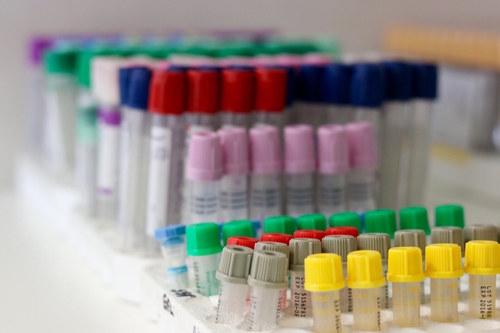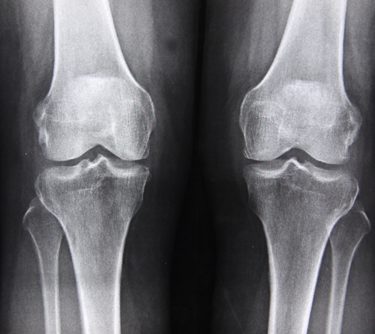Posts by cbadmin
Software End Of Life
[et_pb_section bb_built=”1″ _builder_version=”3.15″][et_pb_row _builder_version=”3.15″ make_equal=”on”][et_pb_column type=”3_5″][et_pb_text _builder_version=”3.15″] Ever wonder if “software end of life” mean your software and systems just die on a specific date? They don’t actually ‘die’, but the manufacturer no longer supports that particular version. That means no fixes or enhancements and, frequently, no further support to answer questions. People will sometimes…
Read MoreWhat are the benefits of an LIS?
Too often, decision-makers at clinical labs become entrenched in the status quo. Sometimes this means failing to upgrade their labs with the latest technology. Unfortunately, relying on outdated legacy software to handle important lab functions leads to inefficient workflows, slower turn-around times and lower volume and capacity. Using a laboratory information system (LIS) lets labs conduct more…
Read MoreHow automation increases medical lab efficiency [Video]
Manually entering data from lab results is an inefficient process, yet many medical labs still rely on this outdated method. Unfortunately, manual processes have a substantially higher chance of leading to human errors. These mistakes lead to rework, lower productivity and can be a detriment to patient health. Lab automation reduces staff time per specimen and…
Read MoreHow an LIS can prepare clinical labs for CLIA compliance
The federal government regulates laboratories under the Clinical Laboratory Improvement Act statutes to ensure lab staff performs quality testing. To ensure compliance with these regulations, federal agencies conduct regular, unannounced, on-site inspections of laboratory facilities. A laboratory information system provides these facilities the ability to create a culture of continuous quality and record-keeping to maintain…
Read MoreHow the right PACS solutions can speed up health care IT implementation
With federal mandates requiring electronic health record systems and other IT adoption across the health care industry, the majority of health care organizations are either in the process of implementing new software or preparing to do so. Despite uncertainty regarding health care IT legislation in the coming months, a digital solution provides increased efficiency and…
Read MoreHow LIS Can Optimize Laboratory Workflows [Infographic]
Check out our infographic on how the right Laboratory Information System can improve your workflows:
Read MoreBoosting medical imaging workflows [Video]
When hanging protocols are not automated, medical images can end up in an order that doesn’t make sense to the person reading them. This will bog down the reading and diagnosis processes in a radiology center. Without the right medical imaging technology, these inefficiencies will cause disruptions in the workflow and the potential for lost…
Read MoreOvercoming common obstacles at labs with an LIS [Video]
Hello and welcome to the Aspyra blog. Some of the most common obstacles to achieving efficient performance in a clinical lab stem from slow turnaround times due to duplicate and redundant tests and work. Both of these obstacles severely limit a lab’s ability to operate at maximum capacity as they create inefficient workflows that waste…
Read MoreMaximizing your medical imaging storage options
Storing and transferring large and high volumes of medical images is critical, but it also includes many complications. Not only does medical imaging storage data require sufficient capacity and fast access, it must also be HIPAA-compliant, scalable, secure and affordable. Despite storage serving as a key component for medical imaging archive systems, not all storage…
Read MoreWhat benefits to expect with medical imaging storage [Video]
Your medical imaging storage should have robust capabilities and extensive features to ensure an optimal archive strategy. The benefits you should expect include Business Continuance and Disaster Recovery contingencies that comply with the HIPAA security rule. Disaster recovery is especially important for radiology departments as the loss of data can be disastrous. In addition to…
Read More





